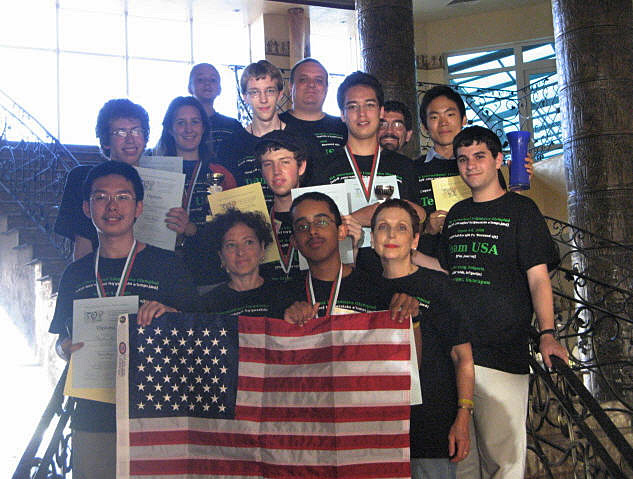It's stylish to lament what has been lost
In a comment about yesterday's post "Geoff and the Language Guardians", Stephen Jones listed some of "the usual collection of nutters" who were featured on BBC Radio 4's Word of Mouth program, including "one who pretends there's a difference between 'disinterested' and 'uninterested'". Some other commenters politely expressed surprise and concern, including the suggestion that "the difference is still observed by many people who are not 'nutters'".
Outeast observed that this is yet another a case, like imply and infer, where the segregation of meanings between the two words is emergent and incomplete, rather than traditional and under siege. This is an interesting and curious feature of the ecology of peevology. In most areas, what is fashionable is seen as new, and out-groups are censured for being behind the times. But there are some things, English usage among them, where disdain must by convention be directed at innovators. This convention is so strong that it overrides mere fact. When a word's meaning is becoming more specialized, with an older sense being abandoned, those who hold to the old ways must be castigated for failing to maintain a traditional distinction.
Read the rest of this entry »



